The onset of winter is the most challenging season for anyone suffering from skin irritations such as eczema. Editor Trudi Brewer shares how to keep flare-ups at bay with a pure and gentle solution.
Image BeautyEQ
Any skin issue, eczema included, is more complex than keeping skin clean and well-nourished. According to the New Zealand Eczema Foundation, atopic dermatitis (eczema) affects one in three our us throughout our lives. While a doctor or dermatologist is your best bet for a correct diagnosis, any skin disorder can be stressful and debilitating.
So what is eczema?
Anything from redness to dry, itchy and scaly skin can sit under the umbrella term of eczema. However, it’s often used when discussing atopic dermatitis, the most common. Most people suffering from this have an impaired skin barrier, meaning the protective layer of skin that keeps moisture in and irritants out is compromised, which is when server dryness occurs. Where eczema is concerned, this can quickly elevate from mild to extreme, especially in cooler weather. Sadly, these skin conditions can affect any part of the body and can happen for no apparent reason. However, once the temperature drops, areas that are exposed to the elements, like the hands and face, or often in the firing line. Clinical professor of dermatology at Cornell University, Marisa Garshick, believes "Eczema is generally due to skin inflammation. Triggers include dryness, stress, or if the skin comes into contact with something that can be irritating, such as harsh soaps, detergents, or clothing with a rough texture (such as wool). For some people, intense heat and humidity can also aggravate the skin too." However, Garshick adds, "An atopic dermatitis is a chronic form of eczema that often runs in the family. This condition can occur at any age and tends to flare periodically; it may also be accompanied by asthma or hay fever."
How do you keep your skin calm and happy?
If you suffer from eczema, your skin naturally produces fewer fats (ceramides) and oils, so winter is the season for diligent moisturising. Always choose a gentle, hypoallergenic moisturiser, and apply it at least twice daily. Be consistent with your skincare routine, and drink plenty of water; this will help keep your skin hydrated; in winter. Try warm water infused with lemon and ginger. It’s much more palatable than cold tap water.
How you manage your skin matters too. Avoid long, hot baths, which strip the skin of moisture. Instead, take short showers; pat your skin dry rather than rubbing, and moisturise your body while your skin is still damp. Another tip is to keep your nails short; scratching your skin inflames it and can lead to infections. Finally, use hypoallergenic washing powders and detergents; always wear rubber gloves with cotton liners for cleaning.
Eczema & skin scarring
Image BeautyEQ
While most eczema sufferers won’t be left with long-term scars, the skin can thicken when eczema persists. Add scratching to the mix; this thickened skin can also appear discoloured. Avène understands all aspects of skin health, including skin scarring. So they have a solution. Scarring from surgical procedures such as post-caesarean section, mastectomy, cosmetic surgery, and acne scarring, their latest extension to the Cicalfate+ range is a Scar Gel. Best used twice daily with the specific massage technique (see link below), this lightweight gel is best used when the skin is closed, but the scar is still fresh. Read on to learn about the ingredients below.
What do we recommend for skin irritations?
Avène Eau Thermale Spring Water, from $13.
This pure rainwater may be all you need to get your skin hydrated and rebalanced if it’s feeling dry, itchy or showing eczema symptoms. So why is it so soothing? Trickling over 300 million-year-old dolomitic rocks 3000 meters underground, this Mediterranean rainwater is enriched with silicates, magnesium, calcium, and microflora on its journey to Avène in France. This natural action gives the water its potent anti-inflammatory properties, providing instant relief for skin of any age.
To use: Spritz onto a tissue and use it as a cool compress on clean skin; it’s perfect post-cleansing in place of a skin toner or any time during the day to elevate itching. This water is the base of all of Avène’s calming skincare.
Avène Cicalfate+ Restoraive Skin Cream, $18.
This cream's almost instant soothing postbiotic effect comes from Avène's mineral-rich thermal spring water. Once blended with beeswax, hydrating glycerin, amino acids, and hydrogenated vegetable oil, it becomes rich and hydrating and will help clear most minor irritations. The antibacterial agents, including copper and zinc sulfates, help heal inflammation, while the magnesium sulfate draws water to the dehydrated, helping limit sensitivities.
Avene Cicalfate+ Scar Gel, $22.
For any visible scar, the ingredients in this gel can help. They are also stacked with post-biotics, directly extracted from Avène's mineral-rich thermal spring water. Adding silicone polymers and a specific massage technique helps soften and flatten the scar. In addition, hyaluronic acid locks moisture deep in the skin. Finally, protein, copper and zinc sulfates help repair the delicate microbiome (or the healthy bacteria) on the skin surface to lock moisture in the skin. All Avène skincare is paraben, fragrance, and alcohol-free.



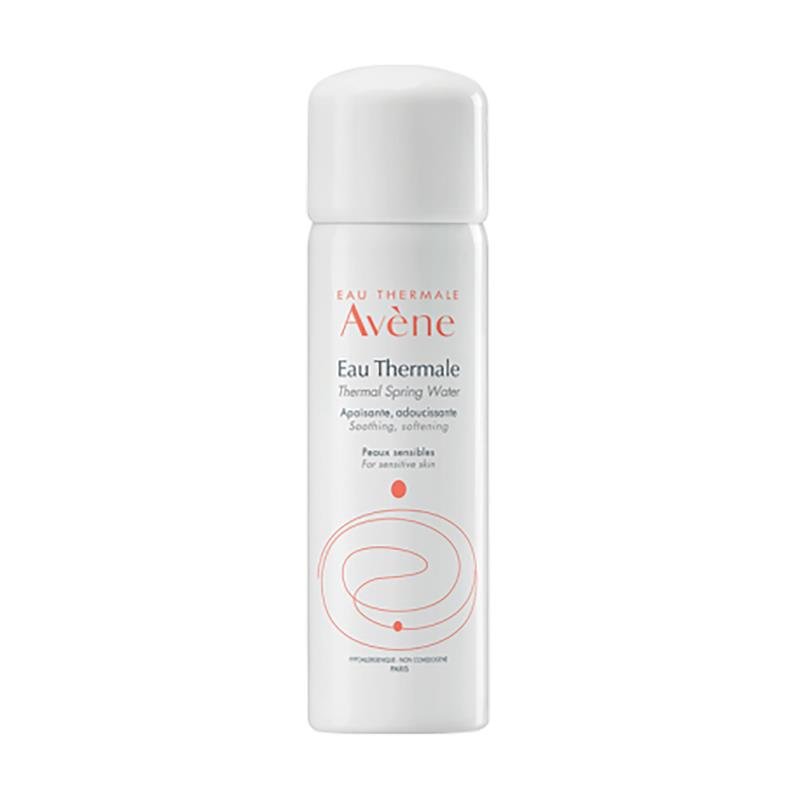
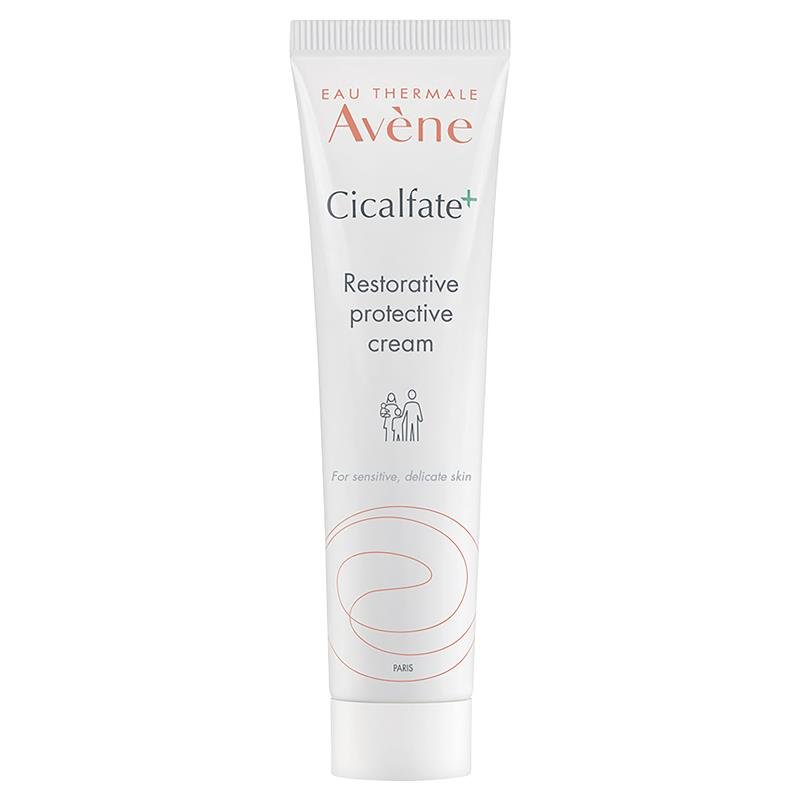

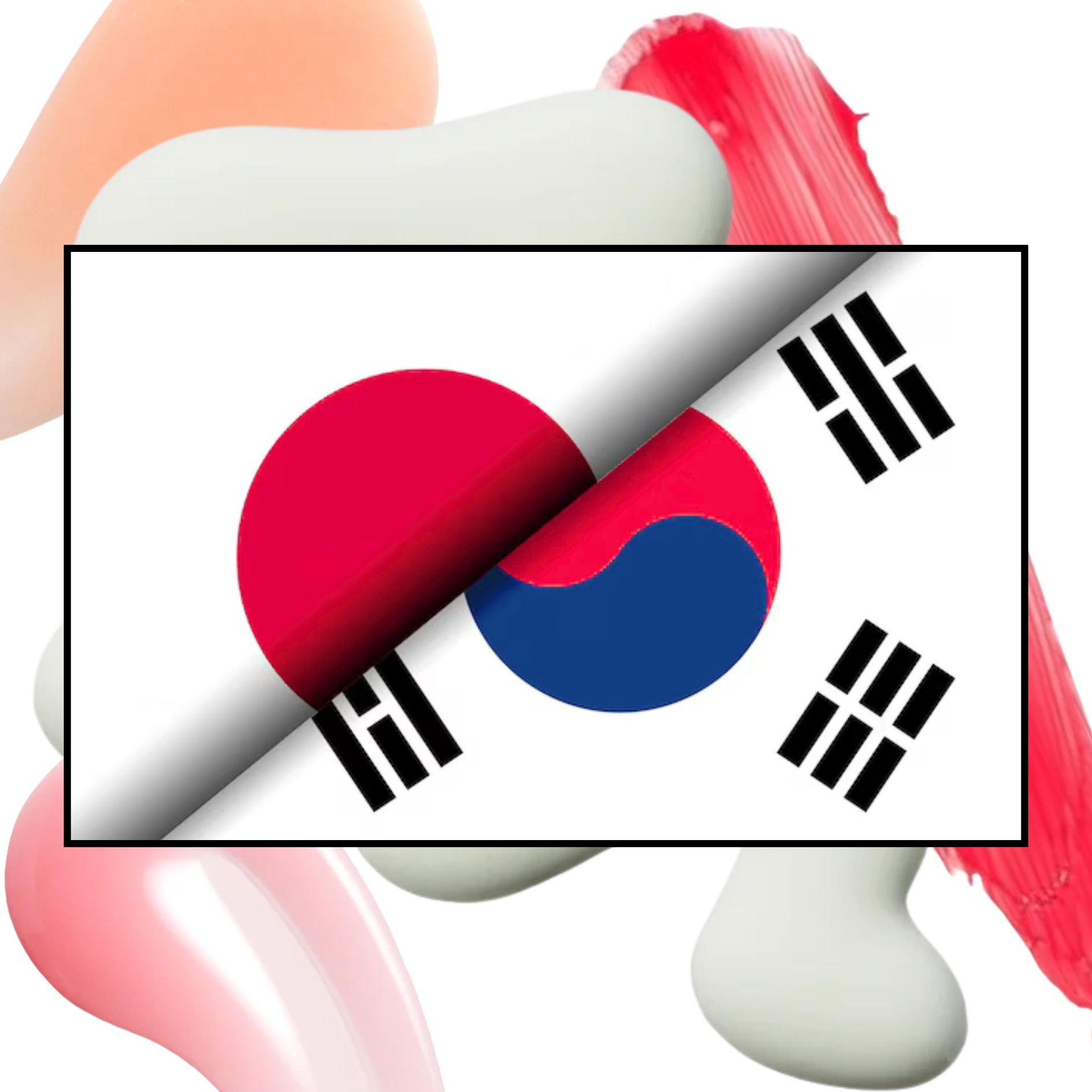

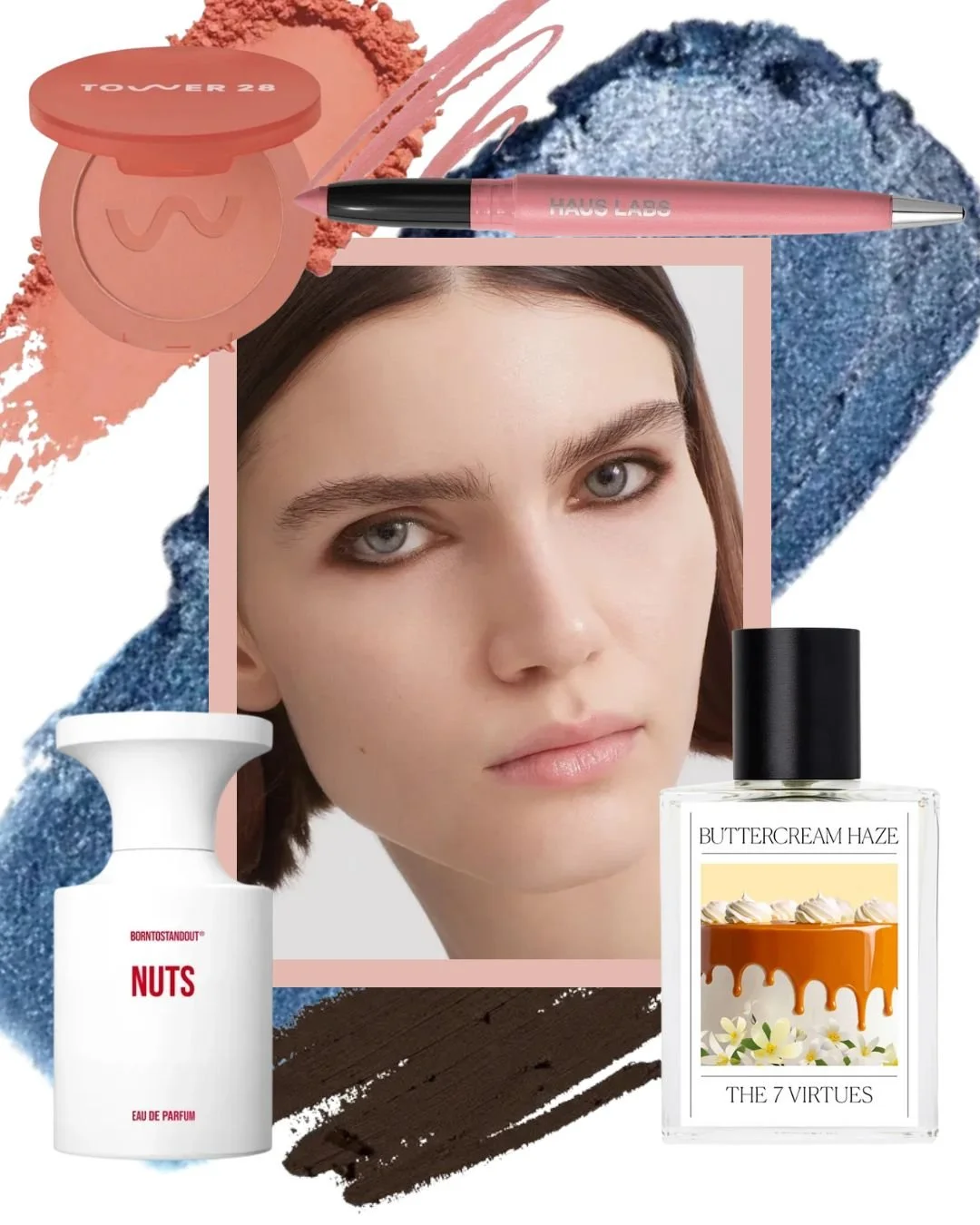


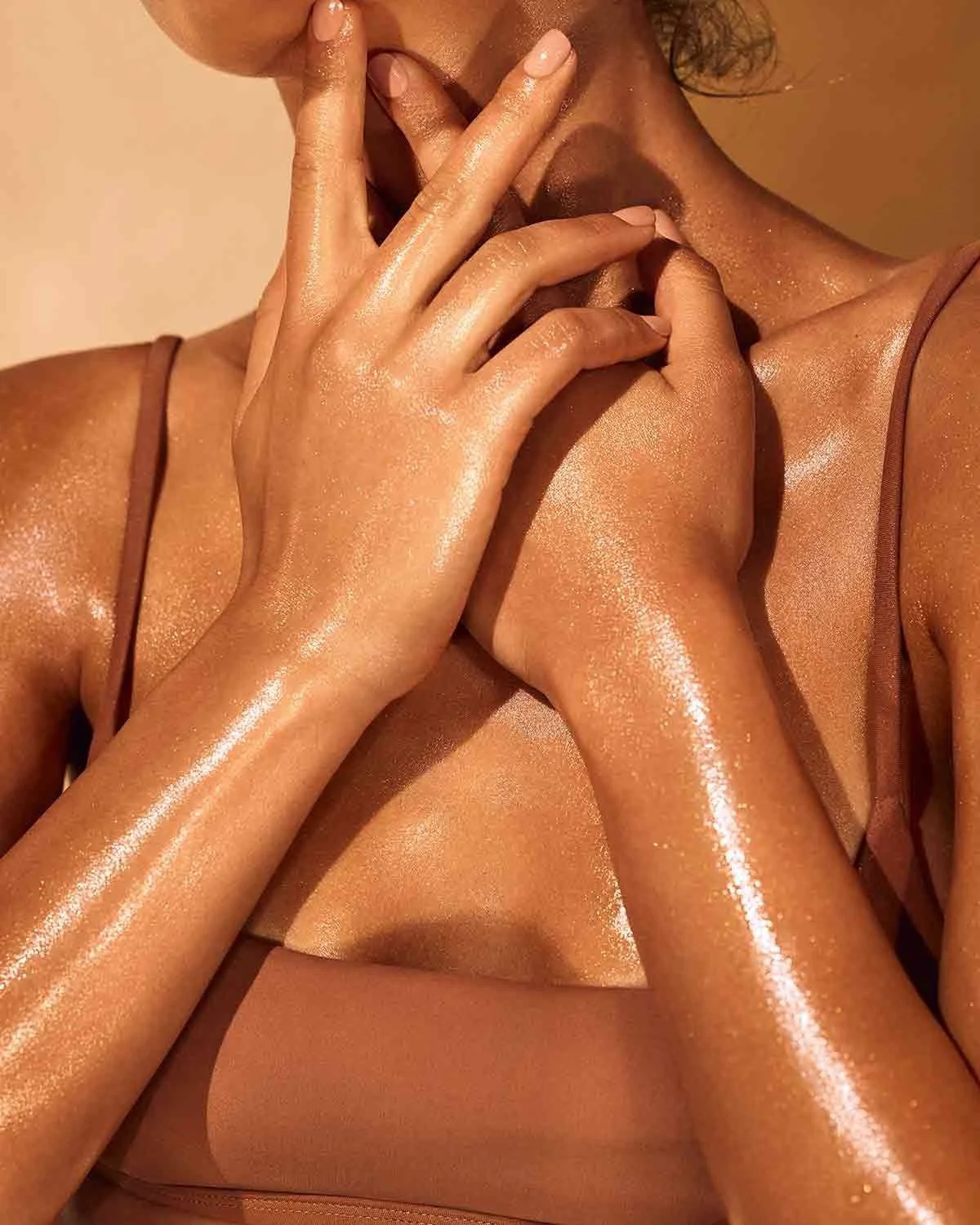

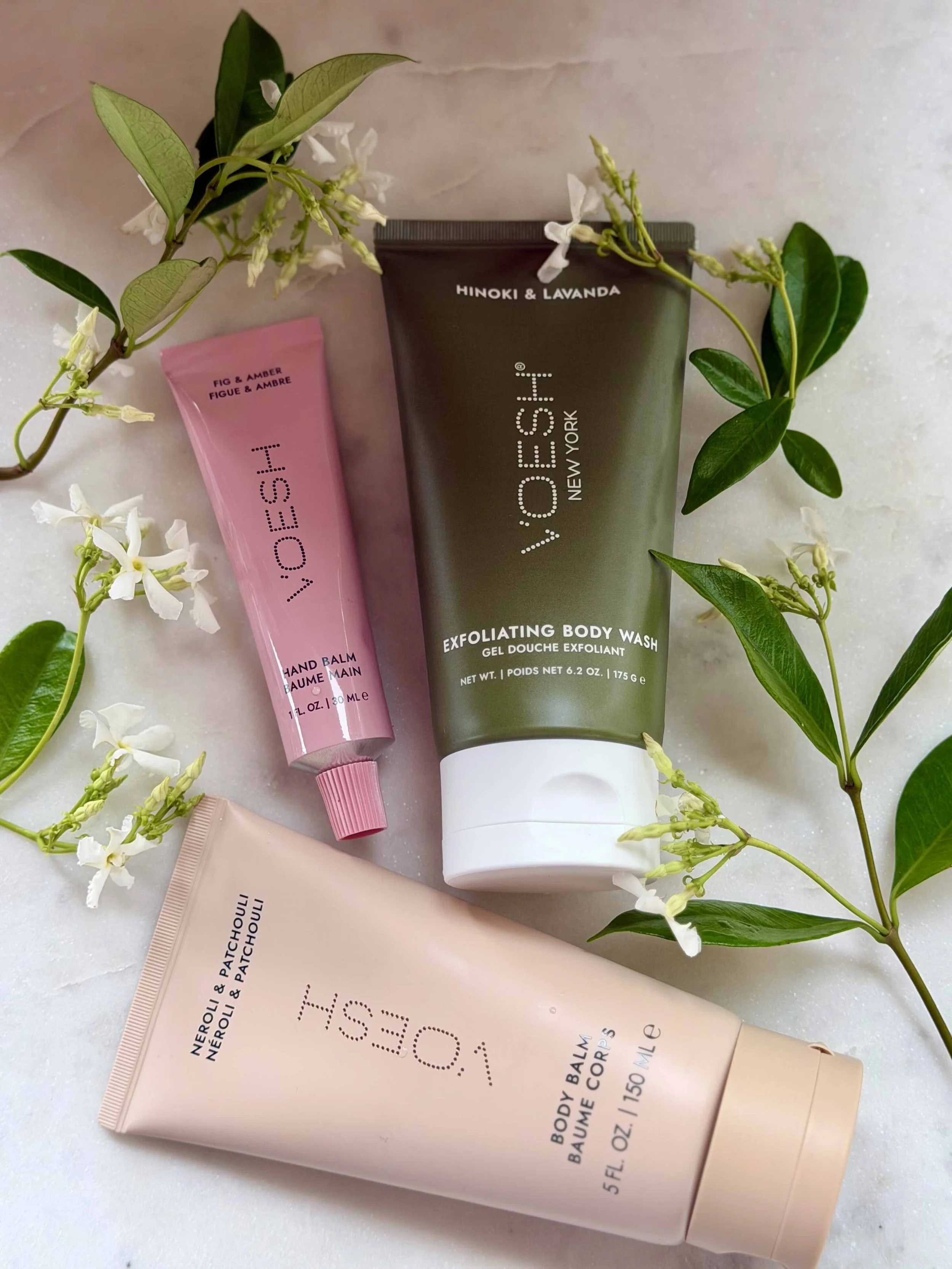
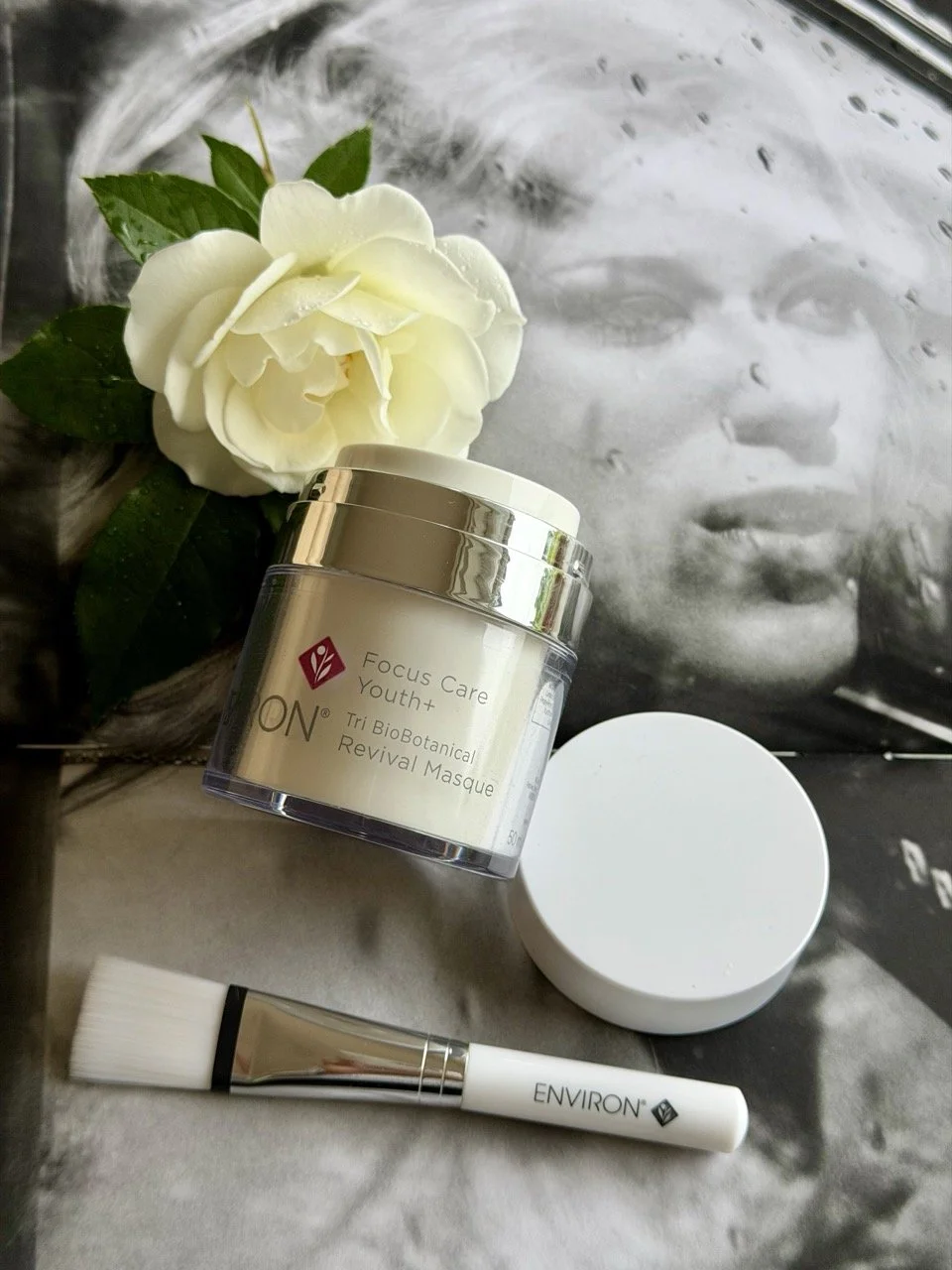



That put dull skin on notice.